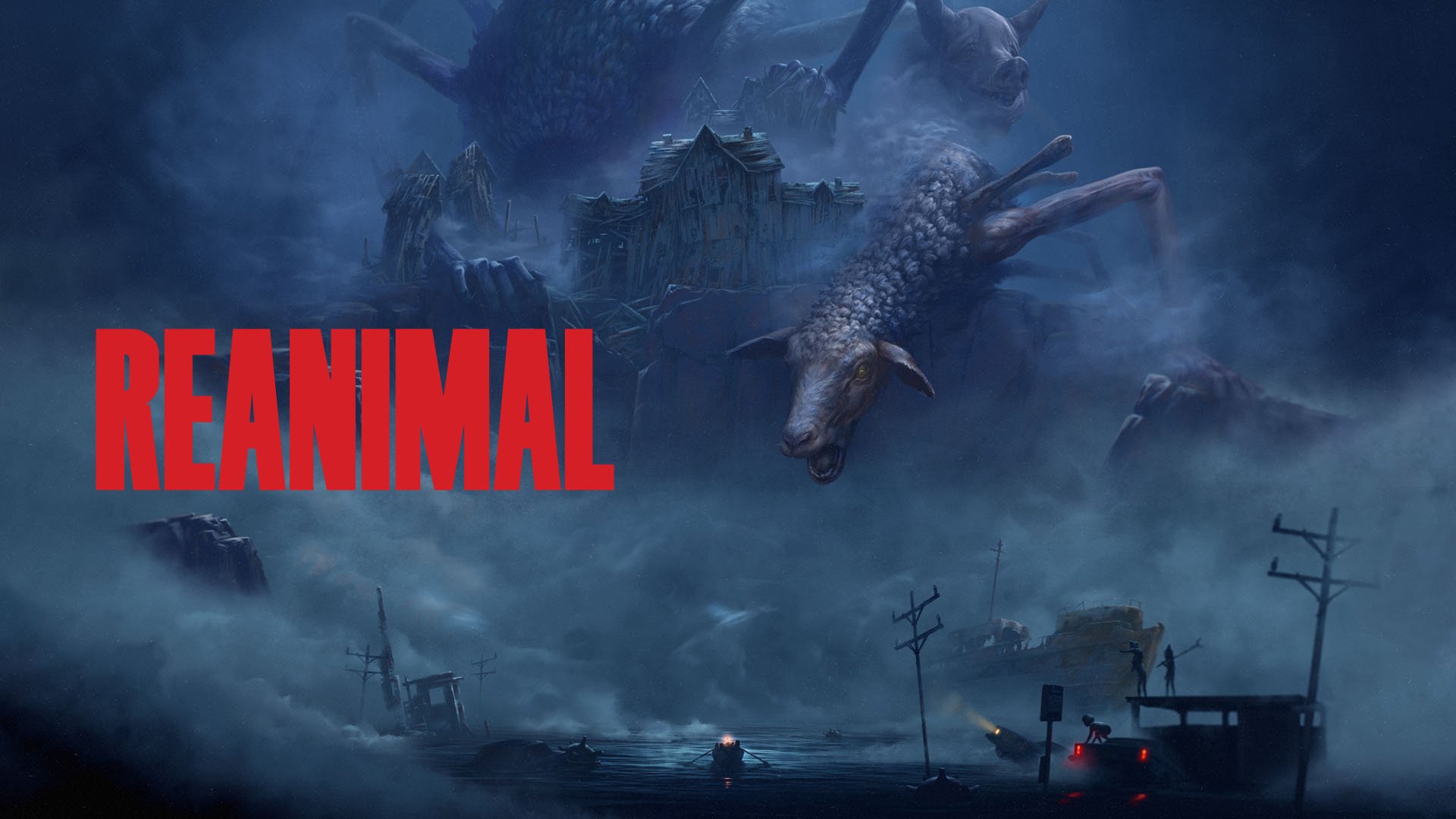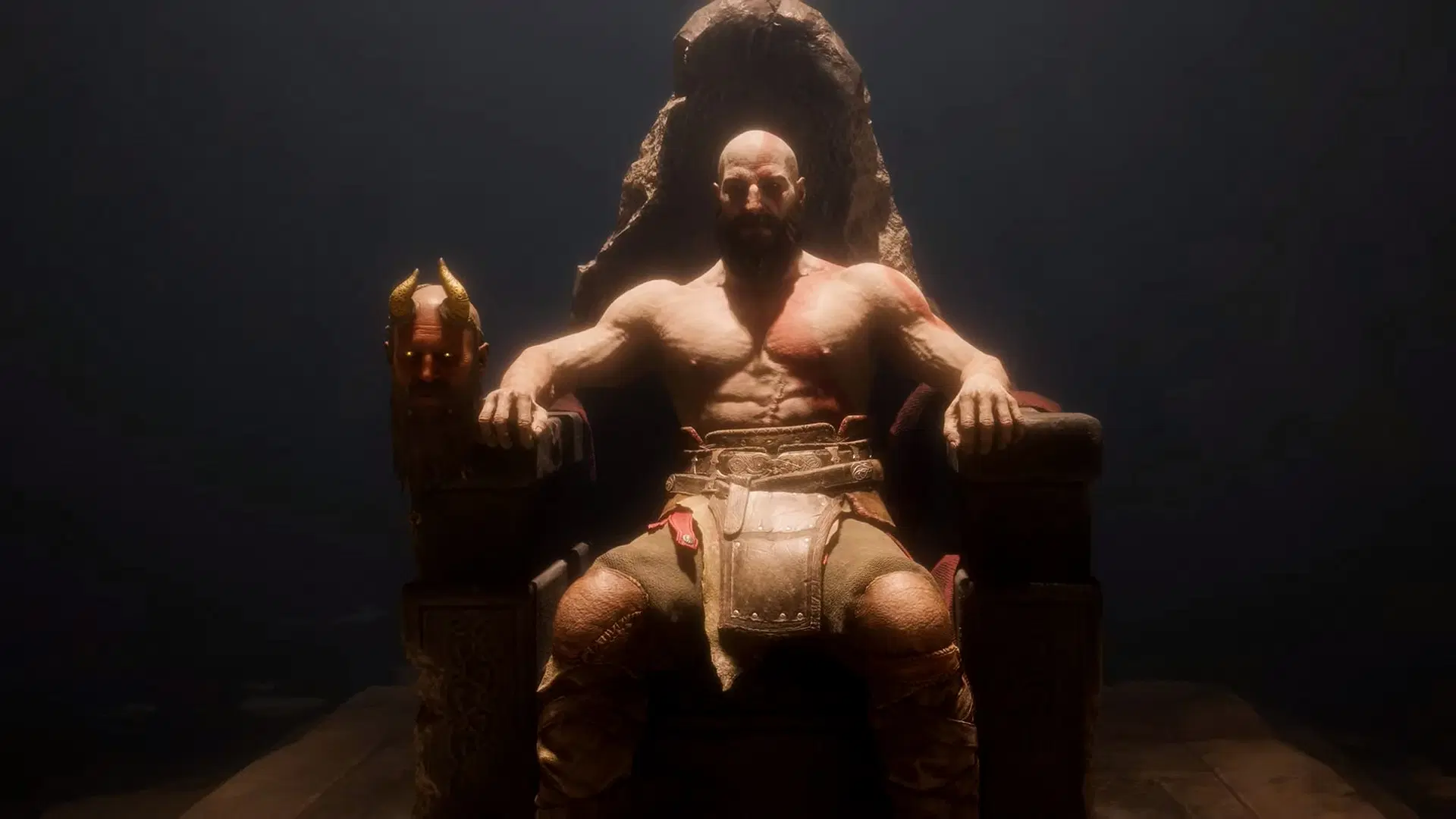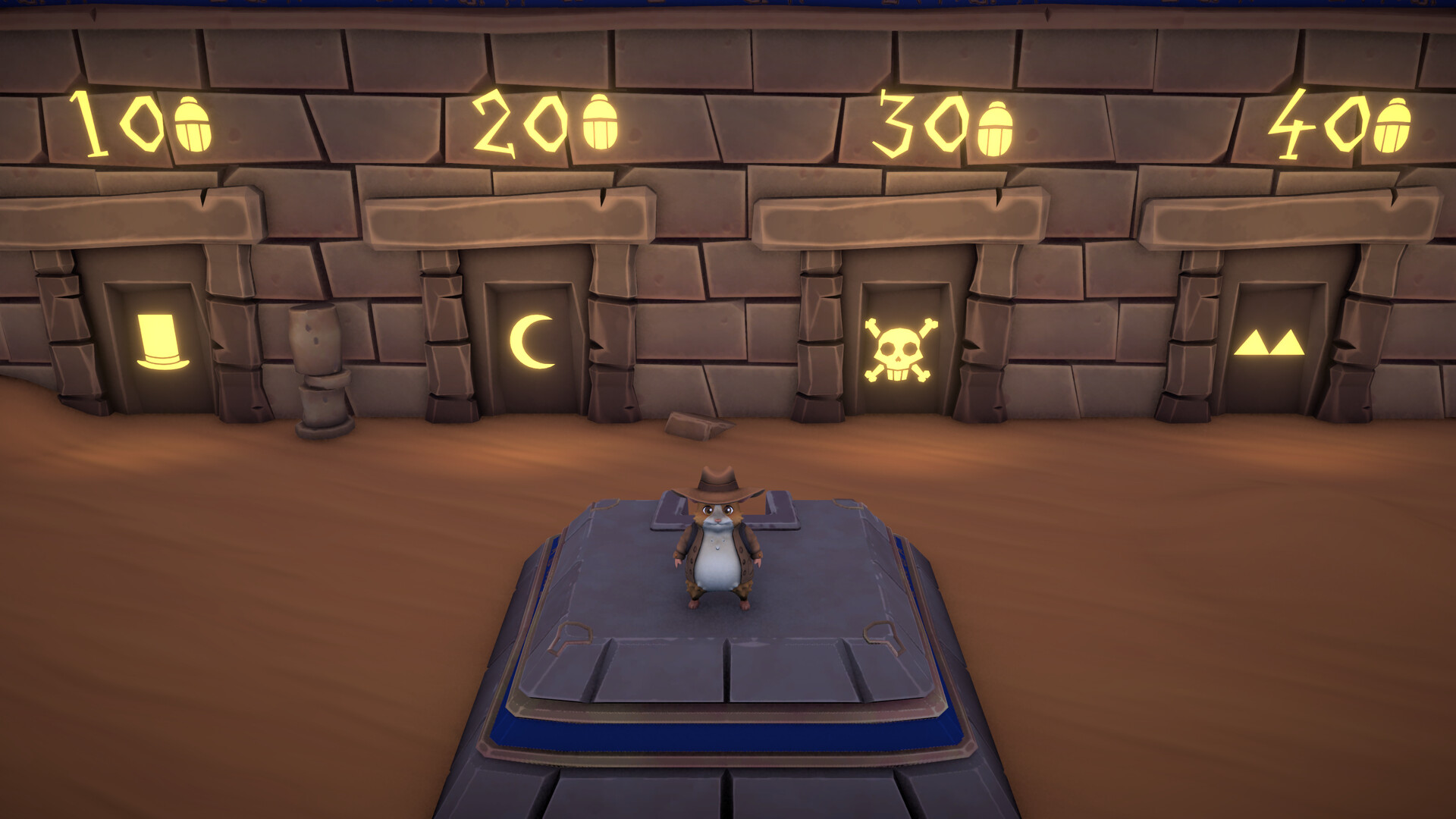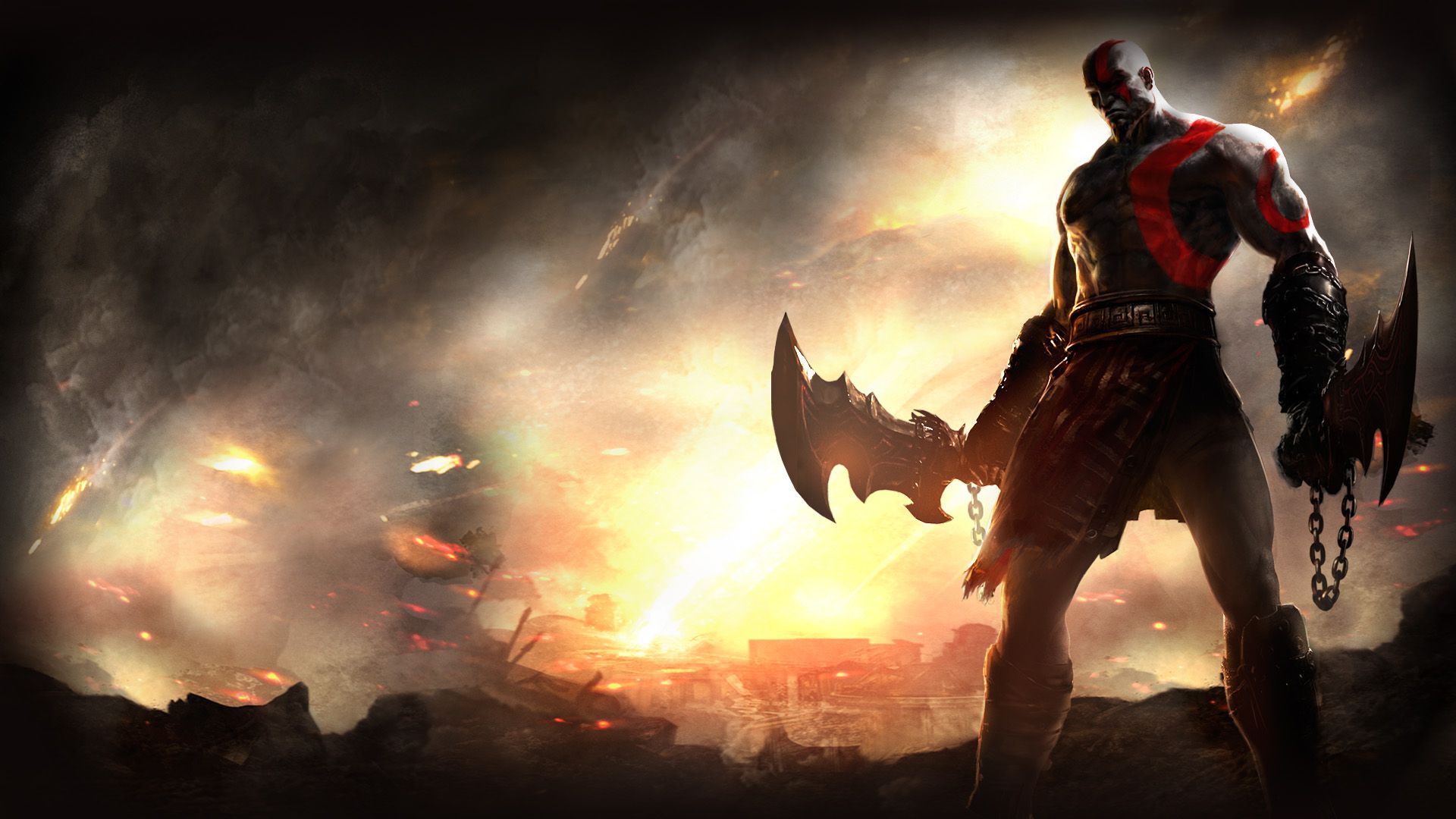Last Updated on Oct 28, 2025 @ 10:19:09 AM.
Just last month, we had another round of what companies package inside terms like ‘cost-cutting,’ ‘restructuring,’ and more. Microsoft axed 9,000 jobs, which was the largest among the last few rounds of Microsoft layoffs. There’s a rising tension in the industry because of this, and not just because of this latest event. Several companies, especially in the gaming industry, have been doing this lately, including Embracer Group, Unity Technologies, Ubisoft, and more.
So we decided to have a chat regarding this with Edward Ray, an audio designer and composer who is currently working as audio lead on an unannounced AAA cross-platform sports title, who shared his perspective on the current state of the gaming industry, especially the layoffs that have plagued the market lately.
| Editor’s Note: |
|---|
| Due to this being a written/speech interview, some answers have been edited for clarity/brevity, without removing intent and context. |
Why do you think layoffs are happening?
The market corrected faster than leadership could adapt. During the pandemic boom, studios overhired and overpromised in anticipation of limitless growth. Investment flooded in, metrics looked promising on paper, and hiring became a performance in itself—proof of ambition, not necessity. Once reality reasserted itself, those same studios were suddenly “overstaffed,” and now they feel they’ve been left with no choice but to trim aggressively.
This course correction comes at the expense of the very people who bring these games to market. It’s rarely senior leadership that suffers. It’s the hands-on devs, artists, designers, testers… People who worked late, shipped features, and believed in the roadmap.
I wouldn’t class this as failure. It’s a mismanagement of priorities. The margins come first, and the product must remain on track. The people behind it become a variable to be adjusted, not a foundation to be protected. That’s the core issue: not the economic correction itself but the dehumanized way companies respond to it. There’s no shame in needing to pivot, though there’s an immense cost in forgetting who built the ship in the first place…
Are new technologies the reason?
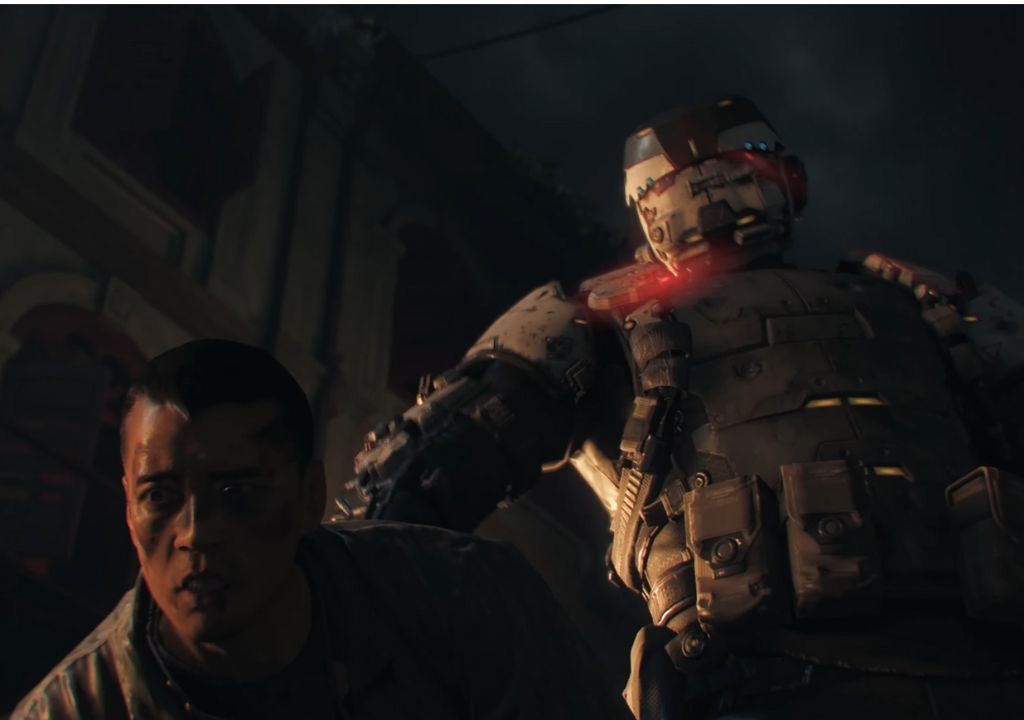
I don’t actually believe they are, not directly. At least, not currently.
AI and procedural tools are influencing planning conversations, certainly. But as it stands, most layoffs are still financial. Tech isn’t replacing talent – yet. What it is doing is giving executives a convenient excuse to restructure aggressively. And sometimes, that’s all they need: an excuse, however hollow. I’m sure their mouths are watering at the hypothetical impact on their bottom line. But as of now, that’s all it is. Hypothetical.
What I foresee is a transition period where the decisions outpace reality. Heavy hitters will bank on prospective efficiencies, not present ones. There may be a stall in production as the tech fails to catch up with the ambition behind it. I’m not naïve enough to think the average gamer cares whether 50% or 100% of a game was made by human hands.
However, there is an interesting pressure point taking shape:
If games become cheaper to make, but continue to rise in price, how long before consumers start asking uncomfortable questions? If there’s going to be a renaissance, I suspect it’ll begin there; that tension between lowered costs and inflated value. That’s where the real pushback might begin…
Has the term ‘restructuring’ become casual?
Absolutely. The term has become so overused, diluted, and sanitized that it no longer provokes a meaningful reaction. It is uttered in boardrooms, press releases, and internal memos with mechanical indifference. We’ve reached a state of desensitization so severe that no one even cares to pull back the curtain. They deploy the word “restructure” not in the service of explanation, but to obscure.
Let’s call it what it is: “restructuring” is public relations shorthand for “we have laid off staff but would prefer not to sound callous.” It is a rhetorical device designed to preserve the image of strategic intent, even when the truth is far messier. In most cases, it conceals mismanagement, overhiring, or a belated attempt to appease shareholders and salvage confidence.
This euphemistic language allows companies to frame harm as a necessity and deflect responsibility without consequence. It transforms the termination of livelihoods into a neat line item, reducing the emotional and professional toll to something abstract and bloodless.
The refusal to pull back the curtain, to speak plainly and take ownership, erodes trust. It signals that perception matters more than accountability. And it reinforces a culture in which those at the top continue to fail upward, while those who actually build the product are left to absorb the fallout in silence.
How are layoffs affecting the industry, and what does the future look like?
Layoffs are eroding both talent and morale. Experienced developers are leaving the industry altogether. Juniors are being left behind with no mentorship, no structure, and no cultural grounding. The middle layer is vanishing altogether; the people who know how to interpret creative direction and convert it into working systems are being thinned out… or burned out.
Entire departments are being told to absorb the losses and adapt to the shift. They are expected to maintain output with fewer hands and less certainty. Do more with less. Say less while doing it. We are witnessing a cultural shift. Austerity adorned in the garbs of agility. Teams are not being encouraged to build; they are being conditioned to endure. Development is becoming more reactive, more hesitant, and more brittle. The weight is shifting from vision to containment.
Over time, the results will begin to show. Systems will repeat themselves. What once felt alive will begin to feel assembled. Something essential will go missing, even if no one can quite name it.
I’m old enough to remember when sequels were rare. And when they did exist, they served stories that had not yet been fully told. Now, each week brings a new respin of a tired idea. Not because there are still stories worth telling, but because there are still digits to be squeezed. Fans have become lazy in their spending habits. Games used to be cultural objects. Now they are disposable. A product that exists strictly to be commoditized.
Games are drifting toward the same disposable quality we now associate with algorithm-choked streaming content. Everything feels new, but nothing feels alive. The medium is being used to siphon money, not to inspire. To manufacture a product as cheaply as possible, then sell it as if it means something. If this trajectory continues, the industry may succeed in becoming structurally lean and operationally efficient. Creatively, it risks becoming hollow.
There is already a visible aversion to creative risk. Fewer original IPs. More remakes. Projects justified by pitch decks, not instinct. Games will be longer, safer, and more polished on the surface, but less willing to challenge.
Unless there is a deliberate course correction, this may become the default. Clean and predictable. Ultimately forgettable…
Is this a good time to be in the gaming industry?
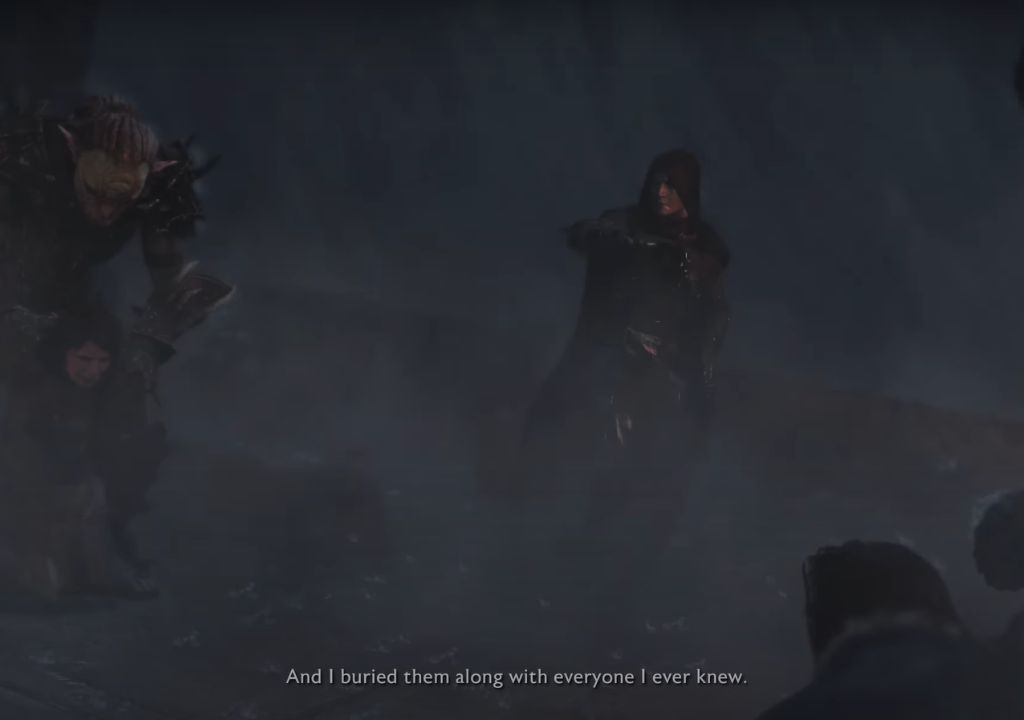
It depends on what you’re here for. If you’re seeking stability, consistency, or clearly defined pathways, then no. This is not a good time. Roles are vanishing. Studios are folding. Contracts are getting shorter, and the goalposts move with every quarter.
However, if you are adaptable, self-directed, and clear about what you want to build, there is still an opportunity. The work is harder to find and the path is harder to follow, but the tools are more accessible than ever. The gatekeepers no longer hold the same power they once did. You can still carve out a space, but it won’t happen by accident. You’ll be doing it with fewer resources, less support, and no safety net. You’ll need clarity, consistency, and a sharp sense of what makes you different. Above all, you’ll need discipline. Not just a good idea and an email template.
It’s not a stable time, but it is a clarifying one. If you are building something real, rich with voice and substance, and more importantly, if you have the gumption to push past your own limits, then yes. This moment can still reward you. But you’ll need to bring your own fire. No one is handing out torches anymore.
When I got into this, I did so naively. I genuinely believed games’ audio was a niche. But there are no niches here. Not anymore. The industry is more crowded than it has ever been, with fewer open doors. The difference now is that you can’t coast. You have to cut through. And for the right kind of person, it has never been easier to stand out.
How do layoffs affect freelancers and contractors in the industry?
They ripple outward. Staff get cut and budgets tighten. Suddenly, the work slows, the emails stop, the scope shrinks. Contractors don’t get severance. They don’t get statements. They just vanish from the thread.
The irony is that we’re often the ones who help projects survive lean times. We absorb overflow and provide specialised firepower without the overhead. In many cases, we’re brought in because things are unstable. Yet when cuts arrive, we’re the first to go. Not because we’ve failed, we’re just easier to remove.
It’s not just that moment you’re cut, that’s the bottom line – the death after debilitation. The other effects are more enduring and pervasive: Studios grow vague about timelines, payment schedules drift… Contracts stall in legal. Nobody wants to say out loud that funding’s drying up, but we sense it. Cold silence often says more than a frank memo ever could.
Rates have become more erratic than ever. One project pays competitively, the next slashes its budget without warning. Prospective clients have become apologetic and embarrassed about their proposed rates – “The publishers have us over a barrel”. Budgets are no longer guided by fair market value, but rather by desperation and improvisation. If there’s a financial corner to be cut, this is where it happens. And it’s felt most by those already operating without safety nets.
That being said, there is another side to this. Contractors are adaptable by their very nature, so this is simply more of the same… Just at a steeper incline. Particularly in audio, having one sole project or income stream at any given moment is a recipe for disaster. If there’s one thing I wish more contractors understood, it’s this: Be just as disciplined about outreach and visibility during a project as you are between them. That’s the difference between bracing for the storm and being caught in it.
If this imbalance continues unchecked, the damage won’t just be economic. It will be cultural. The industry will lose the very people who know how to stay flexible, deliver under pressure, and create brilliant work with very little support. And that loss will be far harder to replace.
Have you seen layoffs affect any specific disciplines more than others?

Yes. And it’s rarely subtle. Roles without immediate, quantifiable output tend to be hit first. Community managers, narrative designers, QA, production staff. The people who connect departments, manage expectations, and keep pipelines flowing are often treated as overhead rather than essential.
Audio remains particularly exposed. Despite how central it is to emotional engagement and polish, sound is still brought in late on many projects. It is often under-resourced and treated as a finishing touch rather than a design pillar. When cuts are made, audio is frequently among the first to feel the strain. Even on high-profile games, I have seen entire sound teams downsized mid-production with no contingency.
It is about visibility rather than value. These roles operate in the background, ensuring others can do their jobs effectively. But when time runs out and budgets collapse, people look for obvious numbers, not invisible glue. If a developer delivers assets, they’re seen as productive. If a producer keeps five developers aligned and efficient, that impact is harder to measure, even though the cost of losing them is far greater than it appears.
Industry-wide data backs this up. GDC’s annual reports consistently show lower job stability in audio than in programming, art, or design. Narrative designers are increasingly being pushed to freelance or move into other industries. QA remains systemically underpaid and under-protected. Community management, despite playing a central role in player trust and retention, is treated as expendable during downturns, with entire departments dissolved in a single quarter.
None of this is strategic; rather, it’s reactive. Decisions are often made in a rush, based on headcount and surface-level output. The people closest to execution, or furthest from leadership – they are the most at risk. That is not a comment on quality or contribution. It is the result of structural convenience. Until that changes, these disciplines will remain exposed every time the market tightens
Is there still space for new talent in games right now?
Yes, but the space is narrowing, and the route through it has grown steep. Traditional entry points have begun to vanish. Roles that once served as springboards into the industry (junior positions with real training, real feedback, and real growth potential) have been stripped away, or else absorbed into overstretched departments where nobody has the time or margin to mentor. The ladder is still there, the rungs are just further apart.
Consequently, many emerging developers find themselves stranded in a bizarre purgatory. They are often too experienced to be called beginners, yet too untested to be handed trust. They drift through freelance scraps or unpaid collaboration, waiting for someone to take a chance, but chances are scarce.
The market no longer rewards potential in theory. It rewards action, visibility, and proof of delivery. If you want to break in now, you cannot afford to wait for permission. You must create in the open. You must put work into the world that speaks not only to your skill but to your sense of identity.
I see too many composers and developers putting enormous energy into marketing themselves… Just not to the right people. They’re pitching to peers, not prospects. Chasing likes from other freelancers rather than curiosity from potential collaborators. The result is a feedback loop that feels productive but goes nowhere. If the only people seeing your work are people doing the same work, you’re not building visibility. You’re building an echo chamber.
What kind of developer are you? What kind of collaborator do you hope to be? What do you bring to a project that others might miss? And no, “I’m a team player who is always open to feedback” isn’t going to cut the mustard.
The developers being hired today are the ones who can shoulder responsibility with minimal scaffolding. That isn’t a case for perfectionism – it’s a plea for momentum. A portfolio alone is no longer enough, not unless it tells a story about who you are, how you think, and why your presence on a team would matter. You need to bring shape to your ambition and make it easy for someone to say yes.
Studios are overwhelmed, and their timelines are compressed. Nobody is sitting around waiting to spot your potential from a single screenshot or demo reel. They want to feel the work breathing, and they crave evidence that if they hand you the reins, the project will keep moving forward.
There is still space in games for new voices, but that space belongs to those who build while no one is looking. The people who understand that consistency is louder than charisma. That excellence is not a trait but a practice. That no amount of polish can replace coherence. This is not an easy time to enter the industry, but for those who can move with clarity, discipline, and endurance, the signal cuts through sharper than ever.
What can studios do to regain trust after layoffs?
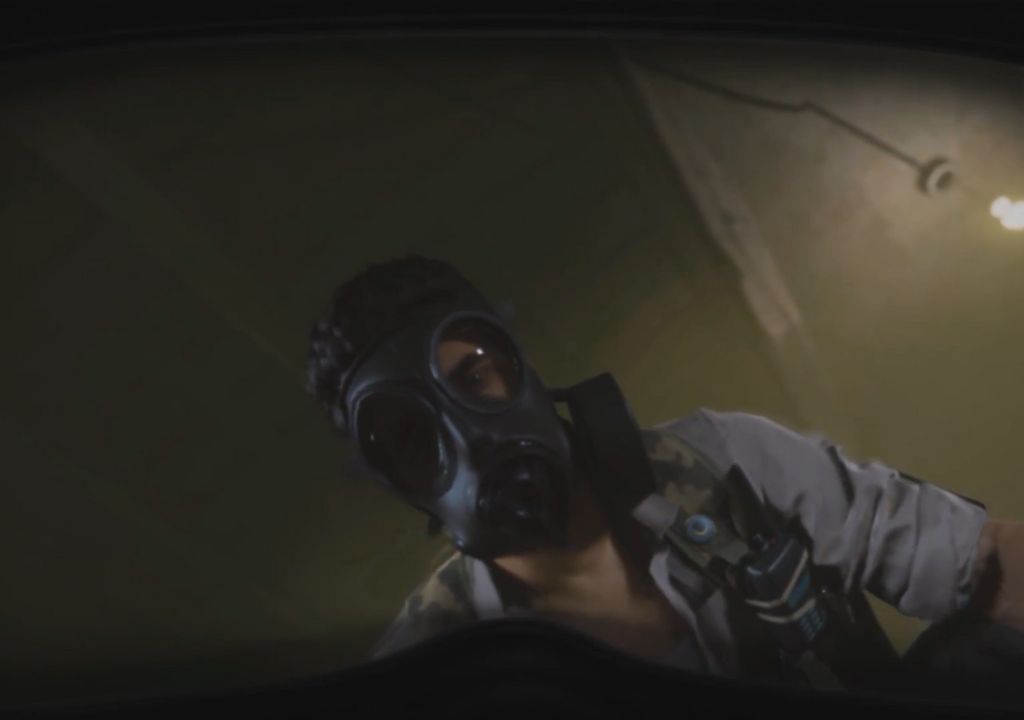
They can start by being honest. People don’t expect altruism at the expense of all profit, though they will value clarity. If you overhired, say so. If the funding fell through, explain how. If poor planning led to bloated headcount, own it. The silence does more damage than the bad news ever could.
Too many studios default to spin. They roll out phrases like “strategic realignment” or “resource rebalancing” as if those words will soften the blow. They don’t. They insult the intelligence of the people affected whilst eroding the trust of those still standing.
You retain goodwill by treating people like adults. Say what happened. Say what you learned and what you plan to do differently. That doesn’t undo the harm, but it marks the beginning of credibility. You cannot lead with silence, and you cannot inspire with euphemism. The bar isn’t perfection – no one expects unconditional humanitarianism at immense financial expense. They value honesty.
What would you say to someone feeling disillusioned with the industry?
Let that feeling sharpen you. Don’t conflate disillusion with failure – treat it as a signal. It means you’ve seen behind the curtain and realized the system isn’t as romantic or fair as you hoped. You can let that be the end, or you can let it be an awakening. What you do with that awakening is in your control, no one else’s.
Now you get to work without illusion. You stop waiting for someone to pick you, and you get to work on something real. You sharpen your voice and clarify your standards. You build a career around discipline and direction, not romantic or seductive ideologies. That’s where the real resilience starts, not in the way things ought to have been. In what they are. It doesn’t mean the road gets easier. In fact, you see it for what it is: treacherous and unforgiving. But it also means you stop hoping for it to be easy. You become hardened. Strategic. Stubborn.
Once the illusion fades, you can begin to move with intent. You define your terms. You take full ownership of your pace and your path. You focus on the work that matters, not the approval that doesn’t. Because believe me, it really doesn’t.
For more Thumb Wars interviews, see what inspired White Paper Games co-founder Pete Bottomley’s I am Ripper, or read about 1047 Games CEO Ian Proulx talking about cancel culture.

Marcus Griggs is a Writer at Thumb Wars, zeroed in on video games, but will also throw himself into anything in association with anime and cinema. As with his favorite video games, give him anything with a linear story, be it Call of Duty or Braid, and he will be happy. He thinks of stories as food and wants to feed his readers something nutritious, food for thought.


